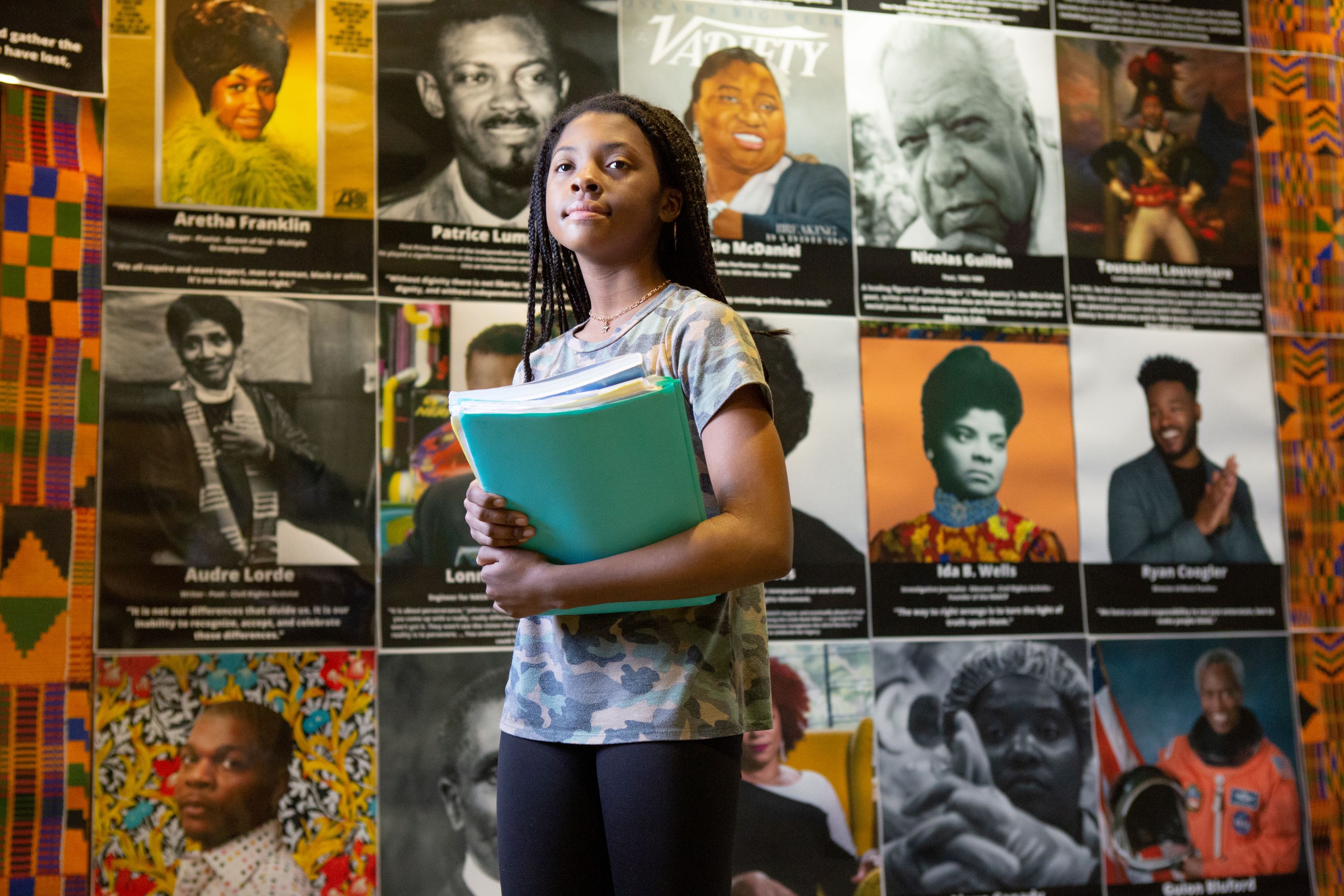
As we enter Black History Month during this seemingly endless pandemic, many educators are seeking fun, engaging, and culturally responsive ways to help students reclaim their sense of hope, purpose, ownership, and agency over their lives.
In a study conducted by Youth Trust back in 2017, only 48% of middle and high school students in the U.S. felt that what they were learning in the classroom was relevant to their lives outside of school. In 2022, where nothing is normal, cultural relevance is even more important.
As educators, we should also be asking ourselves: How can learning better resonate with students and help them draw parallels between the classroom and their everyday lives? And how can we use culturally relevant project-based learning to give students an even greater sense of control when the world around them seems to be spinning?
Cultural relevance is the key to student engagement, and should be a central part of all project-based learning. Equally important is giving students a sense of ownership, agency, and power during this age of COVID when so many of us feel powerless. As the CEO of BUILD.org and as someone who believes that every young person deserves an opportunity to explore their full potential, I’ve made it a commitment to ensure that we are constantly innovating and creating culturally relevant project-based content for our students. At BUILD, not only do we teach the 21st Century “Spark Skills” of Communication, Collaboration, Problem-Solving, Innovation, Grit, and Self-Management through our entrepreneurship program, but our curriculum offerings are designed to marry project-based learning with culturally relevant content to equip young people with the agency to solve real challenges in their lives and communities.
Products like our new BUILD Design Challenge serve as a free, project-based curriculum for educators to support them to facilitate a space for their students to have meaningful conversations about what it means to live in a thriving community. Project-based learning often leads teachers to say, “where do I start?,” so our new Challenge has been created with feedback and direction from real educators in classrooms across the country. Using the five-step process for Human Centered Design -- Empathize, Define, Ideate, Prototype, and Test -- students develop products, solutions, or campaigns in response to the challenge question:
“How might we build powerful, thriving communities where everyone enjoys safety, wellness, and economic freedom?”
The Challenge is introduced with strong narratives from unique individuals representing diverse communities. Through following the Human-Centered Design process, students develop empathy as they meet real-life clients like Ises, who represent the diverse communities and challenges that young people face in their own backyards. Ises, who identifies as Black and Guyanese-Indian, grapples with the challenge of the lack of community-centered spaces in her hometown of Oakland, CA. While exploring possible solutions to the challenges that Ises and other “clients” face, students start to realize that they have the skills and perspective to solve future challenges in their own communities - even in the midst of a pandemic.
In our efforts to better support new and veteran teachers of project-based learning, BUILD offers free training on how to implement design thinking in the classroom. We also have trained facilitators who can co-teach the Design Challenge along with the classroom teacher as a form of job-embedded professional development.
Over 500 educators in all subject areas have integrated the 10-hour BUILD Design Challenge into their classrooms, reaching 15,000 students in 53 cities across the US. These teachers are discovering the power of culturally relevant project-based learning, while also building their skills in design thinking and entrepreneurial approaches. We invite all educators in grades 6 through 12 to join us as we help make learning more fun and relevant to our students’ lives - particularly those in our most vulnerable communities.
###
Ayele Shakur is a PBLWorks Board member and the CEO of BUILD.org, a national nonprofit whose mission is to use entrepreneurship to ignite the power of youth to build career success, entrepreneurial mindsets, and opportunity. BUILD helps students become the CEO of their own lives. Follow her @AyeleShakur.
